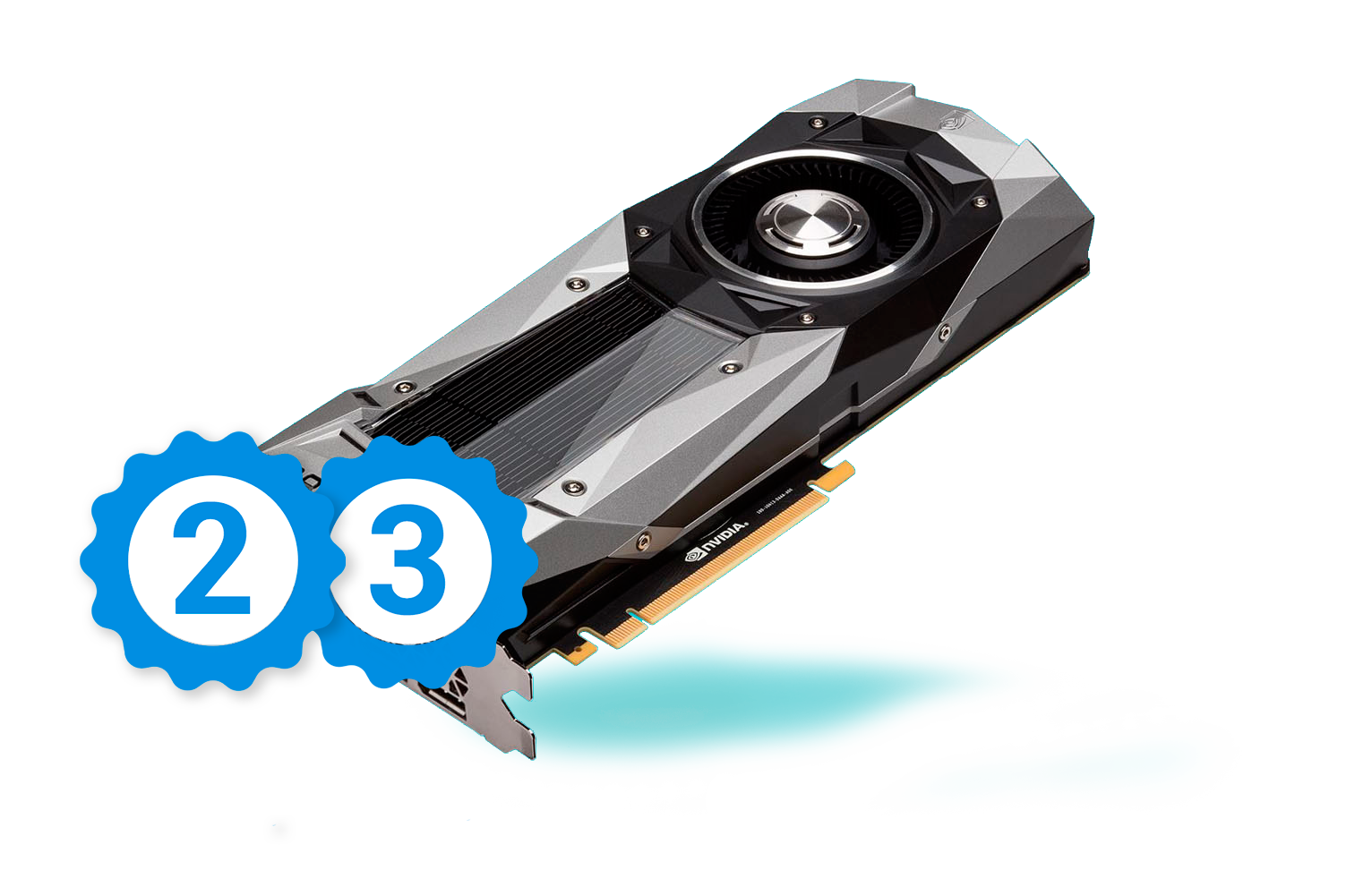Online hackathon on
Deep Learning and Bioinformatics
Deep Learning and Bioinformatics
ONLINE HACKATHON
April 23 — May 23
April 23 — May 23


*By joining the competition, you agree with terms and conditions
Results
Global
1
Slonoslon
2
3
4
5
IttI
Taiwan, ROC
Tzu-Hsin Yang
Tsai-Min Chen
Steven Wu
0.479
0.875
0.884
0.922
0.976
1
2
3
Tsai-Min Chen
Steven Wu
0.884
0.922
0.976
1
2
3
Tzu-Hsin Yang

First prize - MacBook Pro,
Second and third prize - GTX 1080 Ti
Second and third prize - GTX 1080 Ti

Eligible for prizes
Deep Learning becomes an essential part of research in many areas. Latest advancements in machine learning allow neural networks to solve such tasks as playing Chess, driving cars and identifying people on photos better than humans.

Research in drug discovery significantly affects human life.
Developing drugs against aging and diseases like cancer and Alzheimer can be accelerated with machine learning. Traditional drug discovery pipelines take years or even decades to produce new medicine, whereas Insilico Medicine aims to shorten this time using Deep Learning techniques.

About us
Insilico Medicine is a leading company in the field of Deep Learning for Drug Discovery.

NVIDIA Top5 AI companies for social impact, 2017
CBInsights Top100 most promising private AI companies, 2018
CBInsights Top100 most promising private AI companies, 2018
Insilico Medicine does Deep Learning and Bioinformatics research:
1. The cornucopia of meaningful leads: Applying deep adversarial autoencoders for new molecule development in oncology.
2. druGAN: An Advanced Generative Adversarial Autoencoder Model for
de Novo Generation of New Molecules with Desired Molecular Properties in Silico.
de Novo Generation of New Molecules with Desired Molecular Properties in Silico.
Insilico Medicine
is a gold sponsor of ICML 2018
is a gold sponsor of ICML 2018
Task
When a drug is administered to the cell and appears in proximity to a specific protein, it interacts with it by forming chemical bonds.
An active molecule must adopt a specific shape to bind to a protein stably. If a molecule cannot bind to the active site of the protein well, it can't be considered a drug candidate.
An active molecule must adopt a specific shape to bind to a protein stably. If a molecule cannot bind to the active site of the protein well, it can't be considered a drug candidate.

In this competition, you will have to predict if the given molecule can bend well to suit some geometrical conditions.
While this task can be computed analytically, it usually requires a lot of computational resources for a simulation. We ask you to train a Deep Learning model that will be used for initial screening of drug databases.
